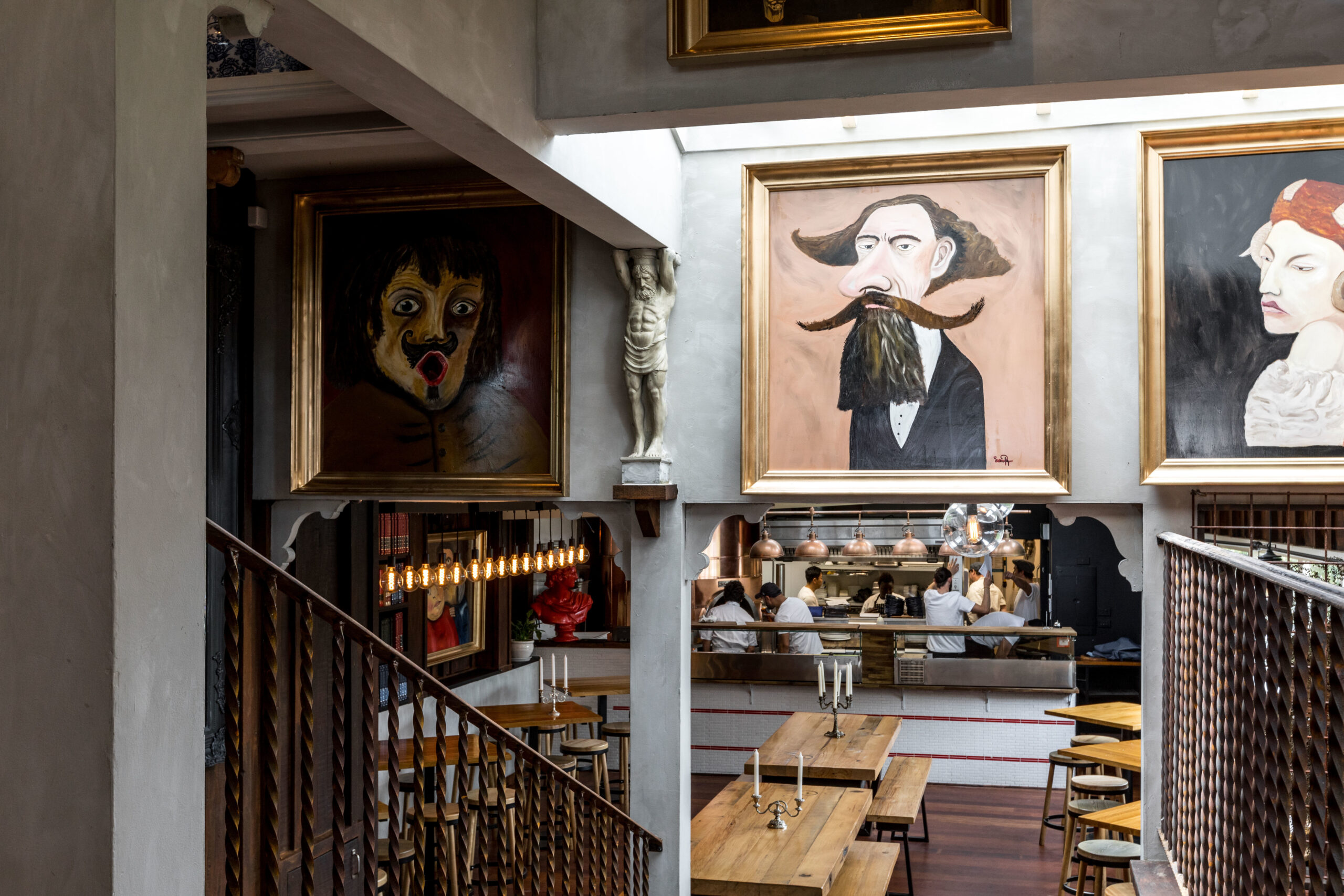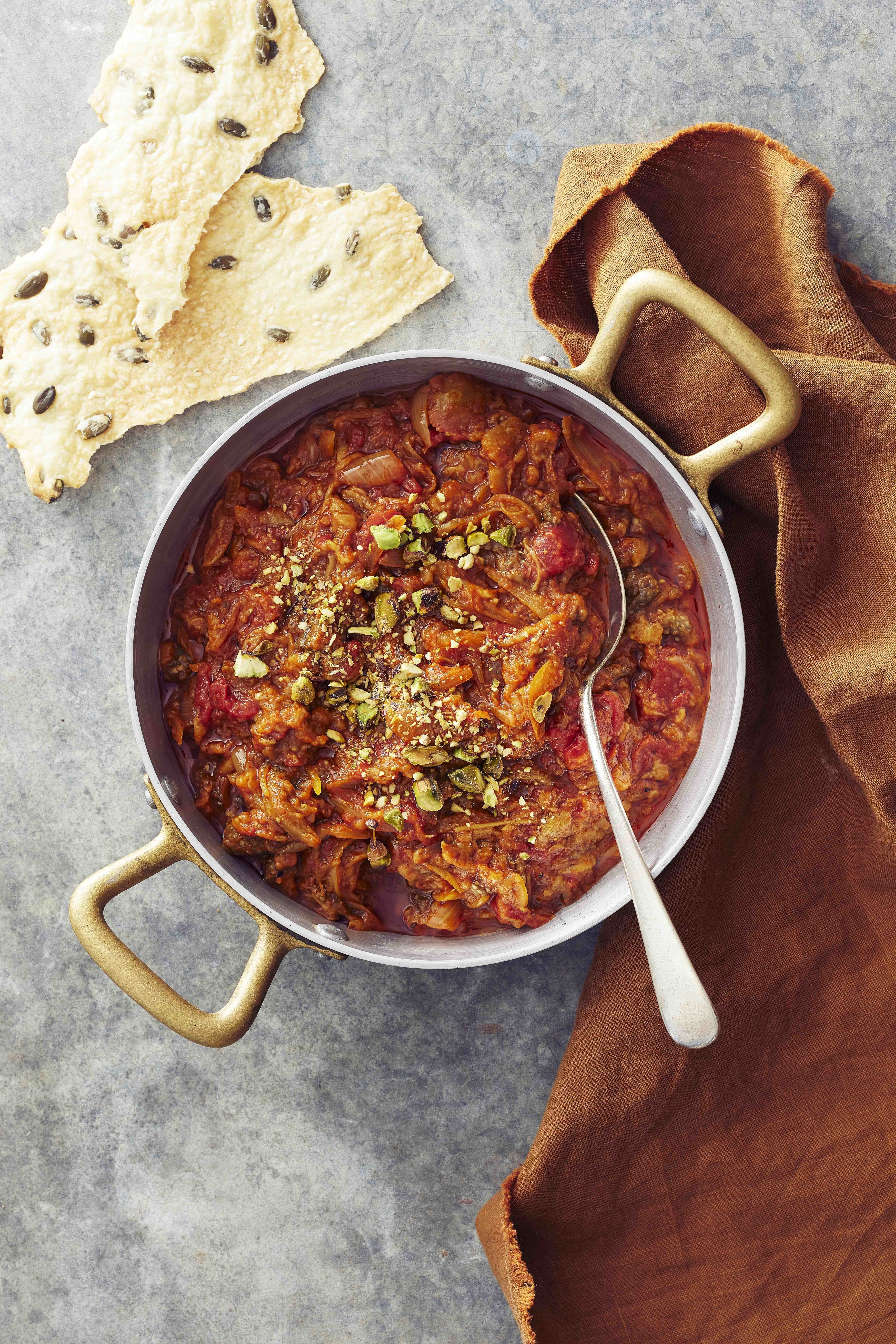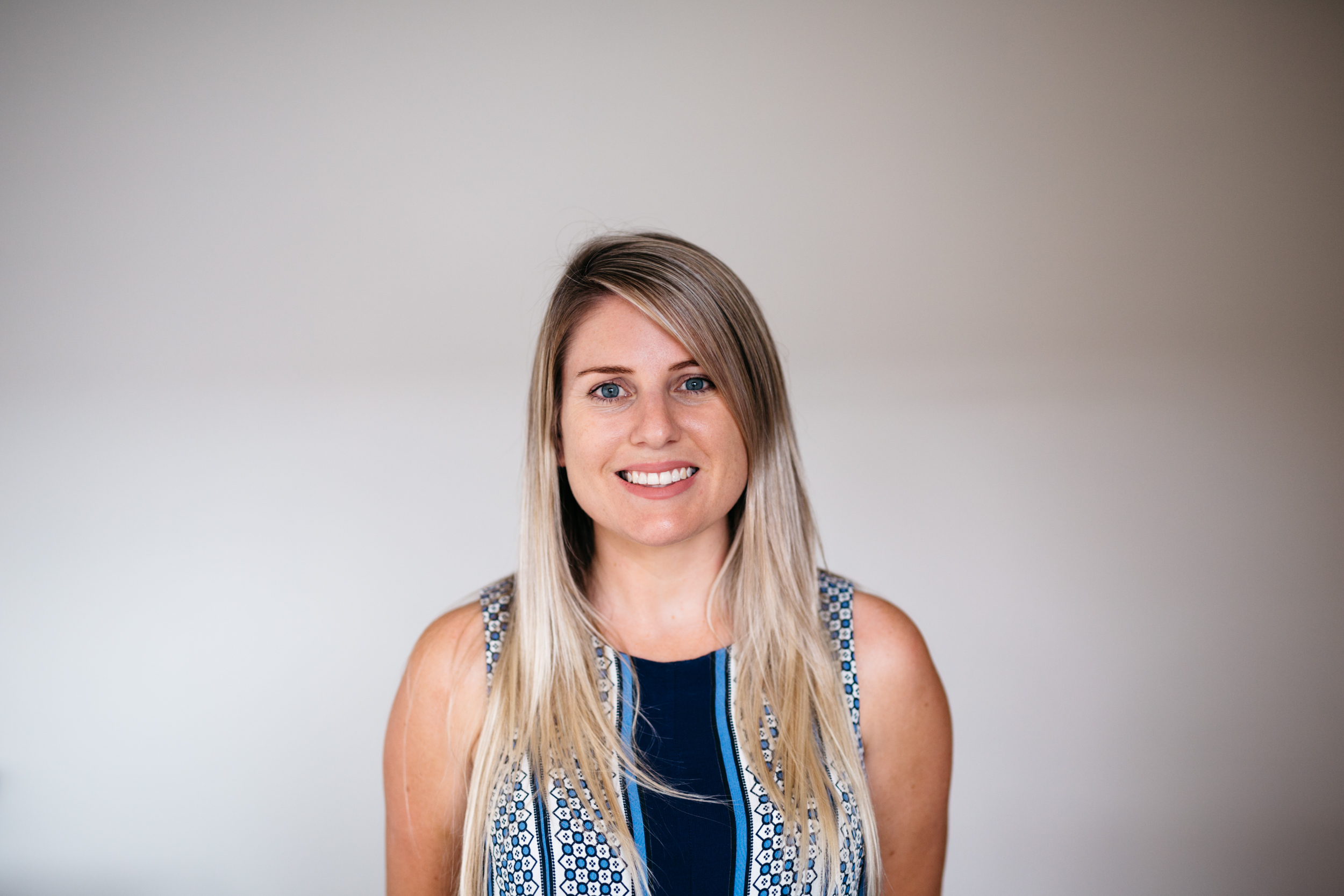We talk to operations manager, Joel Bartosh about ELMO’s achieving their goal to become a zero-waste kitchen.
Bartosh oversees the daily operations of the restaurant and works closely with the kitchen team.
After 18 years of hospitality experience, working in hotel kitchens and his family business, Bartosh has been lucky enough to travel the world doing what he loves by opening and managing venues.
What is your philosophy with food?
Being able to connect a new seasonal menu or specials, with a local farm-to-table concept is important to me. I feel it speaks to the freshness of the ingredients and is one way to be a contributor to the community and local economy.
What was the motivation behind becoming a Zero Waste Kitchen?
The restaurant industry by nature generates a lot of waste and we felt we wanted our ethos to be one of respect – for the environment, and for food. Using fresh, quality locally sourced produce where possible was always a priority.
What happens with the food you don’t use at the restaurant?
When it comes to food waste our Chefs creativity is both encouraged and essential. They find new and exciting ways of making flavours and textures work. Our goal is simple, utilise everything we can.
Waste is not waste until we waste it. What would otherwise be known as ‘food scraps’ are a large part of our day-to-day cooking. For example, excess bones are used for in house bone broth, meat offcuts get turned into charcuterie or specials. Green stems, carrot greens, mushroom ends etc are used in purées, pesto’s, sauces, or as textures in a dish.
Can you describe the process of making your kitchen a zero waste kitchen? Has this been a long/hard process?
Working towards a zero-waste kitchen is a collective effort. There is no doubt that it requires the help and passion of an entire restaurant team, and that a ‘zero waste kitchen’ encompasses more than just-food. That being said, starting out with zero waste as a clear focus has made things a lot easier as we continue to grow.
Personally, an aspect that tends to get overlooked in kitchens is water waste, I think it is important to keep the team mindful of this, such as running things through the dishwasher when it isn’t full, or running water too long to wash vegetables.
When it comes to the process, you can’t manage what you don’t monitor. As a team, we are very aware of our waste records and sales reports. We are constantly investigating innovative ways to utilise not only produce. Currently, we are focusing on a 24-hour cooking schedule that should lead us to a more sustainable kitchen. Letting vegetables, or meats slow cook in our wood-fired oven– even though the fires out, the heat stays trapped and helps to cook the items slowly, allowing them to develop layers of intense, beautiful flavour.
The 24-hour cooking schedule gives us the opportunity to use free, natural energy that otherwise would’ve been wasted.

You use Goodie Box as a way to reduce waste in your kitchen, how does this help?
Our team do a great job tailoring recommendations for the appropriate order size and items. Unfortunately, customer plate wastage is inevitable. No one likes to see amazing quality food, produced by great Chefs, go to waste. The Goodie Box concept helps draw customers attention to this/ Waste reduction is a massive topic and changing consumer behaviour is not a quick band-aid fix.
As a business we support reducing waste where we can, and we hope that the Goodie Box will help break down insecurities around asking for a doggy box at the end of the meal. It’s a tangible item that not only does good, but also makes diners more aware of food waste going forward.
Goodie Box also donates to charities across New Zealand, can you tell us how this works?
Everybody Eats is a charitable trust and has prepared over 50,000 meals from food that would otherwise go to waste since its launch in 2017. The food is on offer on a “pay-as-you-can” basis, and open to everyone, with the goal of helping to feed those who are homeless or suffering from food poverty.
The team has recently launched the initiative ‘The Goodie Box’ This was something we felt proud to be a part of. It encourages diners to ask for goodie boxes from leftover restaurant meals, in which they can then donate $5 or more in the process to feed hungry Kiwis.
Have you noticed sustainability being on top of customers minds more often?
Short answer, absolutely.
Sustainability is not just trendy, but it’s great to see customers driving change. I would however like to make a shout out to other restaurants, bars and cafes in Auckland that have always prioritised sustainability in their day-to-day businesses.
Can you share your top tips for anyone who would like to become a zero-waste household?
Here are a few tips but it’s important to not get caught up with perfection. Reducing any waste is better than none, start small and go from there.
- Use the oldest items first. It sounds simple but often we don’t check what we have before heading to the store. Using what we have is the best way to cut waste.
- Embrace the ugly, we all have flaws and that holds true for produce from misshappen potatoes to twisted, multi-legged carrots. Embracing funny-looking fruits and vegetables can go a long way in reducing our food waste problem here in NZ.
- A great way to use scraps is to regrow them. Place the scrap end of onions, leeks, spring onions and blubs in a tray of shallow water to regrow (or replant the scrap ends into the garden). This is something I do weekly at home, as funny as it sounds, it’s rather rewarding.
- Parmesan rinds, radish tops, turnip greens, leftover bread keep these nutritious bits out of the bin. Steep Paranesab rinds into broths. Use raw radish tops and green stems, or carrot greens with pine nuts, cheese and fresh mint, and blend to make a pesta then use on pasta or grilled vegetables.







